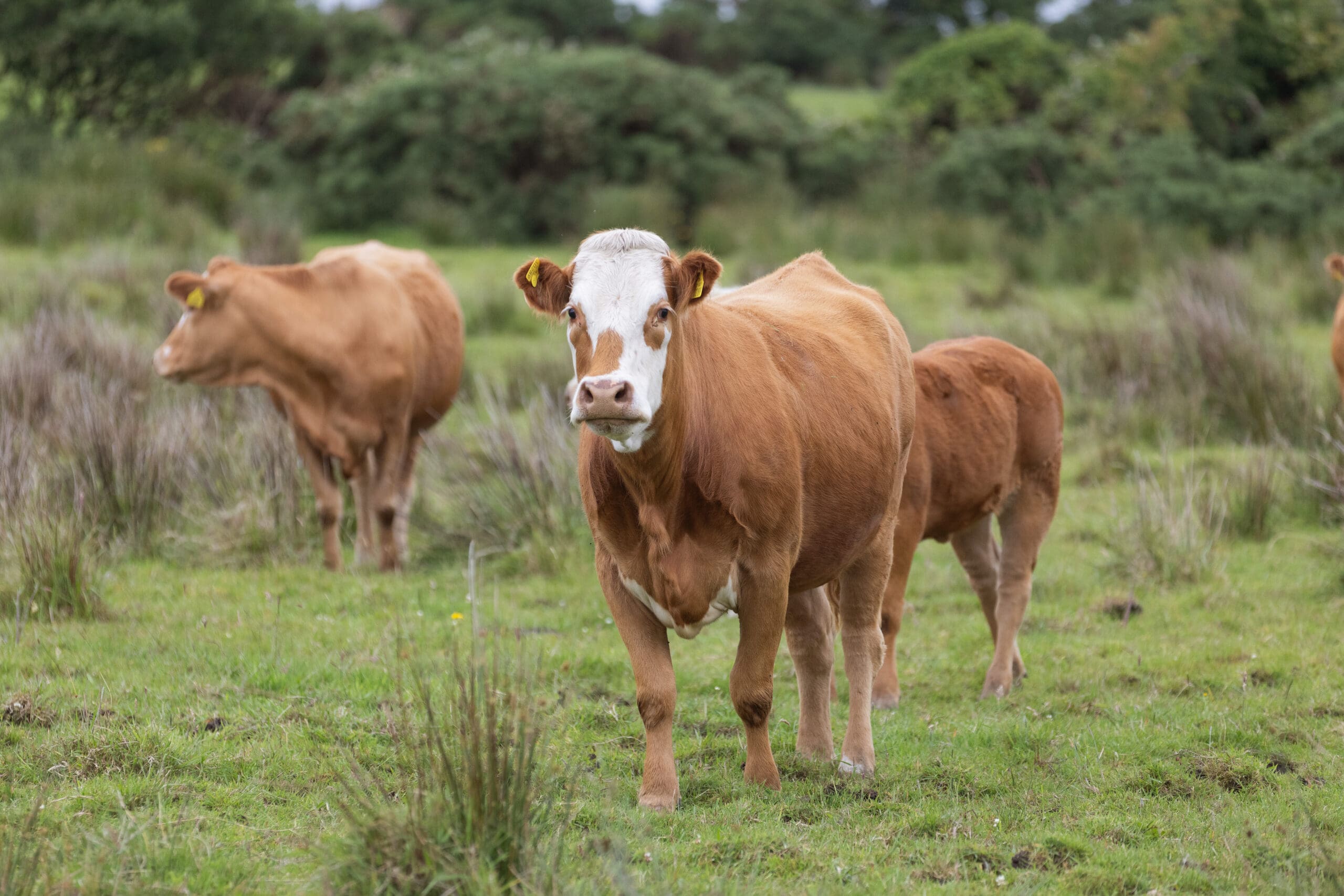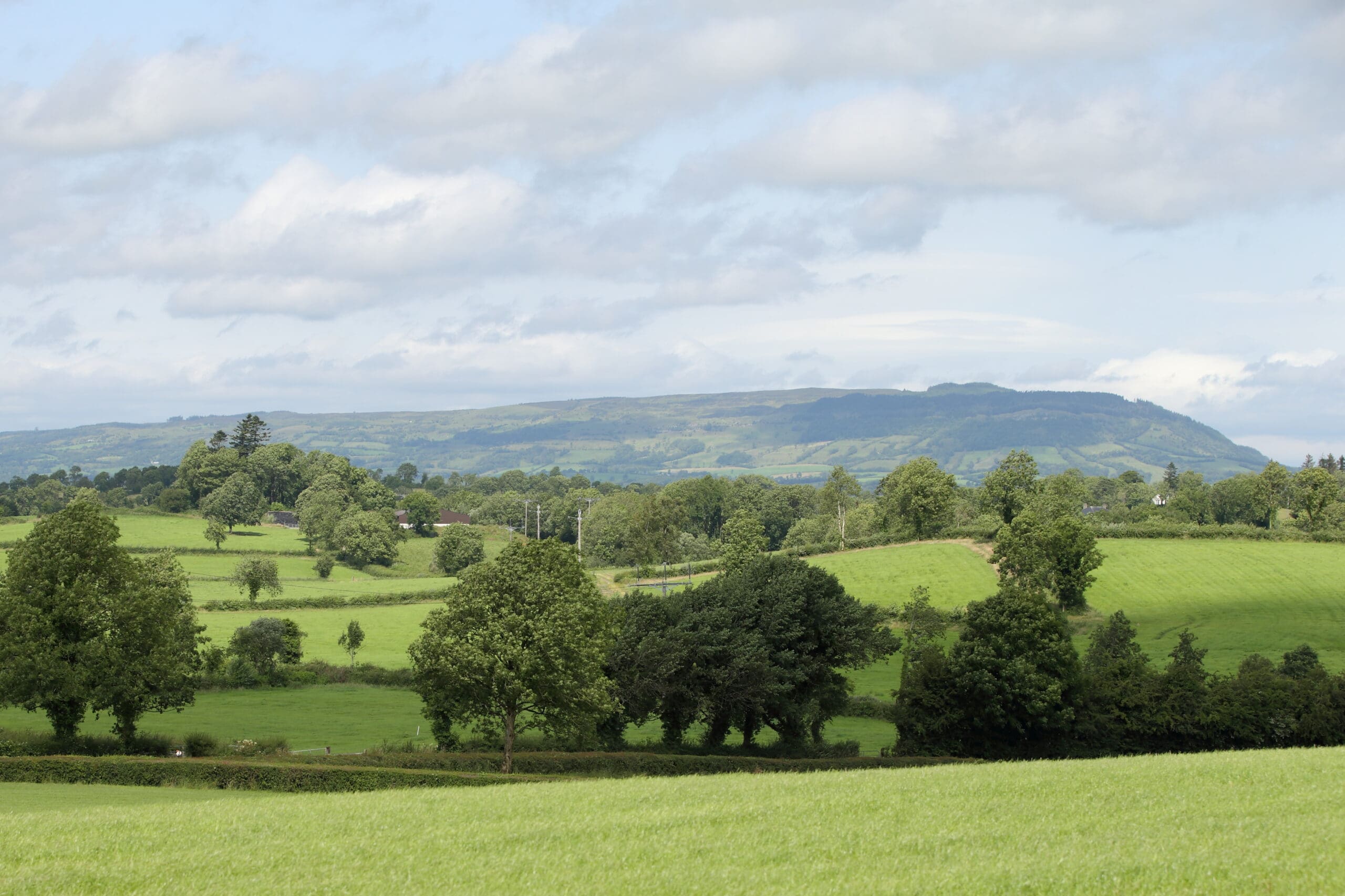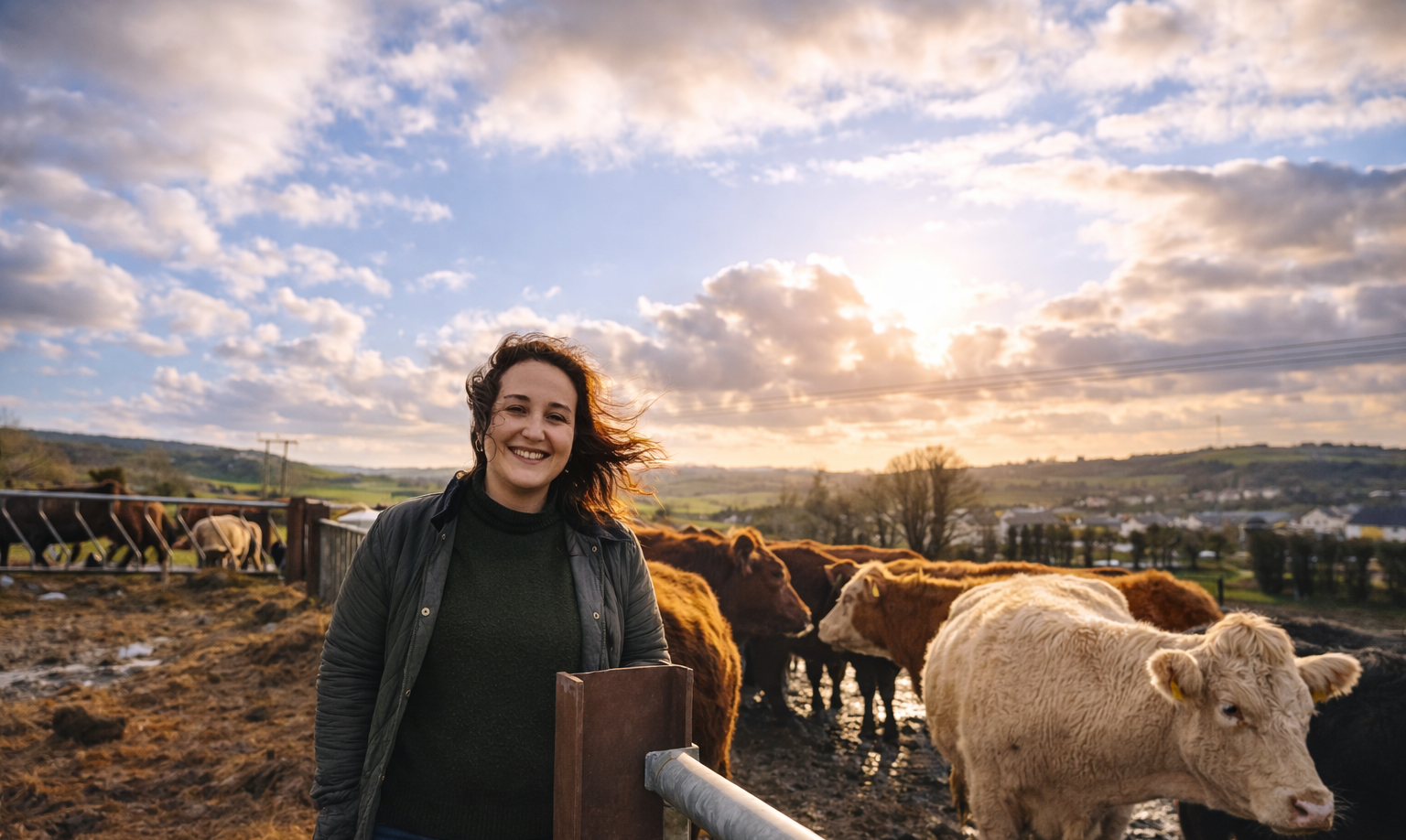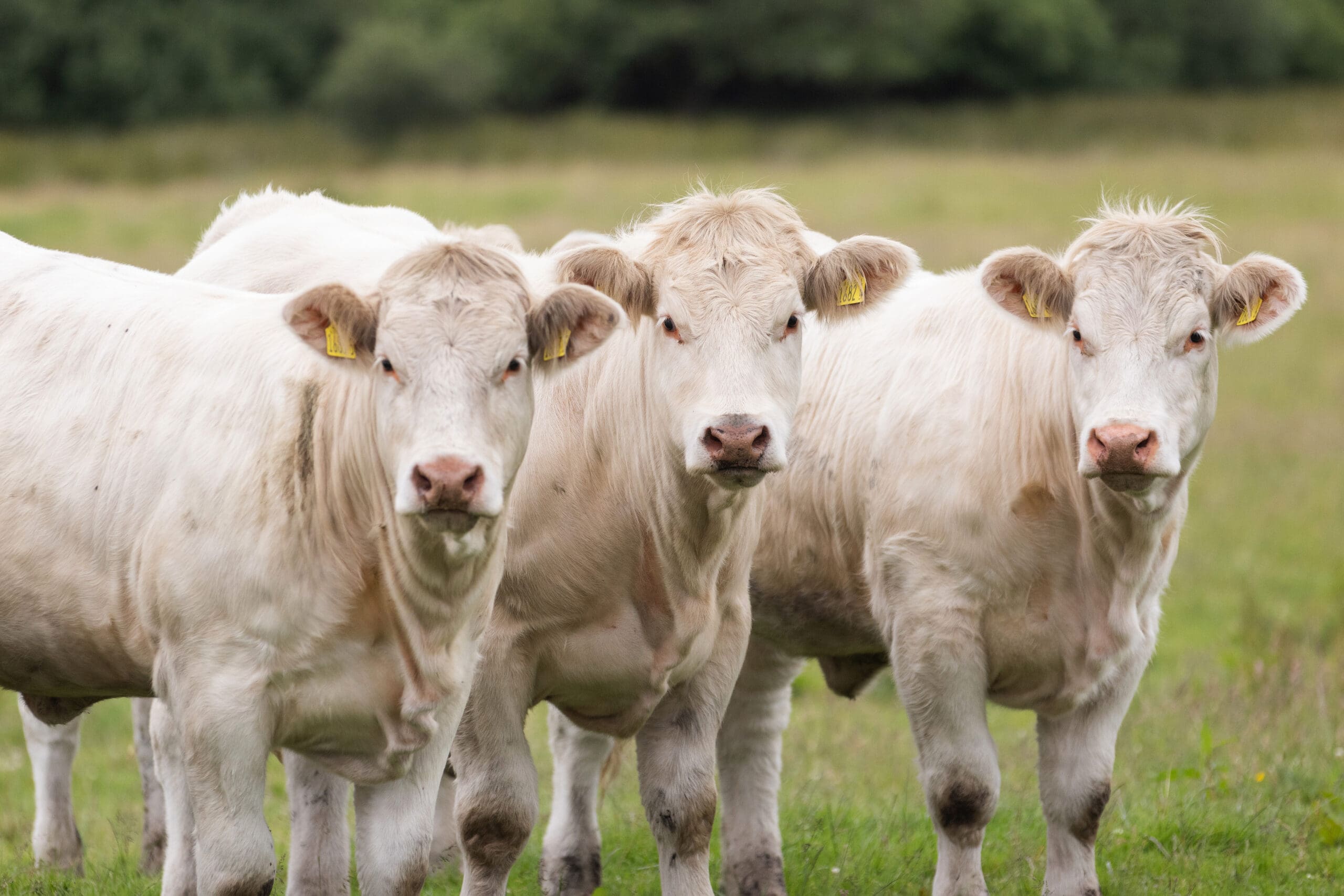
As UFU waits for further information from DAERA on NAP 2026-2029, work continues on a plethora of other consultations issued by the Department in recent weeks.
Aileen Lawson, Assistant Policy Manager
The Nutrients Action Programme (NAP) 2026–2029 consultation, launched on 1 May, landed with a jolt as the Ulster Farmers’ Union, agri-food stakeholders and farmers reacted with shock to both its content and the sheer volume of proposed changes. Containing over 30 proposed changes, with potentially severe impacts, the proposals sparked widespread publicity and concern across the sector. Disappointingly, there was little to no meaningful pre-engagement ahead of the consultation and, unlike other areas of DAERA policy, no element of co-design was undertaken.
Recognising the significance of this consultation, the UFU immediately went into action and progressed four key strands of work: political lobbying, seeking legal advice, progressing an economic appraisal and putting together a consultation response. The UFU also coordinated meetings with other agri-food industry representatives, banks and interested organisations to ensure they were all aware and informed about the NAP 2026-2029 consultation proposals and the potential impact, working together and pooling resources to co-ordinate our lobbying efforts.
UFU met with MLAs from across all the main political parties to highlight concerns around the proposals, with Union representatives attending the debate in Stormont which called for the withdrawal of the NAP consultation.
In the absence of a robust economic analysis being provided by DAERA to assess the new proposals, AgriSearch produced a report in conjunction with UFU and other agri-food partners focusing on two key measures: P balances and buffer strips. Using data gathered in a short timeframe from farms across all sectors in Northern Ireland, the analysis revealed that these measures alone could impose an annual cost of £1.6 billion on NI agriculture.
As a democratic member-led organisation, the UFU ensures that any major consultation such as the NAP, is thoroughly examined through its policy committee structures before a final position is agreed. As the lead committee, the Environment Committee met on 12 May to begin discussions and develop an initial stance on each NAP 2026-2029 proposal. This was circulated to all the Union’s policy committees for further scrutiny. Over the following weeks, numerous meetings, countless hours of analysis and robust debate took place among hundreds of farmer representatives, elected by their peers, across all sectors, including fruit, dairy, beef and sheep, hill farming, arable, vegetables, pigs, poultry and the organisation’s non-sector specific committees. Their collective input informed a final draft, which was again reviewed by the policy committees before being presented to the UFU Executive Committee (the Union’s main decision-making body of over 150 members) for approval. The resulting 70 odd page submission stands as one of the most comprehensive consultation responses in recent years, reflecting both the scale of the proposed changes and the depth of concern expressed by farmers across NI.
So, what next?
With over 3,400 responses to this consultation, DAERA will have to work their way through these and it is vital that time is taken to effectively gather views from the many submissions. The DAERA Minister has promised that a NAP ‘Task and Finish’ Stakeholder Group will be established but as yet, no detail has been provided on the shape and make up of this group. The UFU will need to be confident in the terms of reference and the role of this Stakeholder Group before it could take up any positions on this. It is also vital that this group is given adequate time and space to fully consider NAP 2026-2029, including the scientific rigour underpinning it and the economic impact of any proposals which must be genuinely workable at farm level. A rushed process with further flaws will not serve the agri-food industry or the wider environment. The UFU, with agri-food partners, will continue to work with our legal team and take their advice around the process and legalities of it.
DAERA must revise the NAP consultation proposals by engaging more closely with farmers and other stakeholders. A balanced and pragmatic approach to improving water quality will ensure environmental progress while maintaining a productive and resilient agricultural sector in Northern Ireland.
As we wait for further information from DAERA on NAP 2026-2029, work continues on a plethora of other consultations issued by the Department in recent weeks. For organisations such as the UFU with a small policy staff team and who rely on members to discuss and provide feedback to shape our organisation’s position, this is challenging to manage. As each of these consultations deals with important policy areas, it is essential that stakeholders can respond properly, and we urge DAERA to consider the impact of concurrent consultations and the capacity of stakeholders to deal with these going forward.




